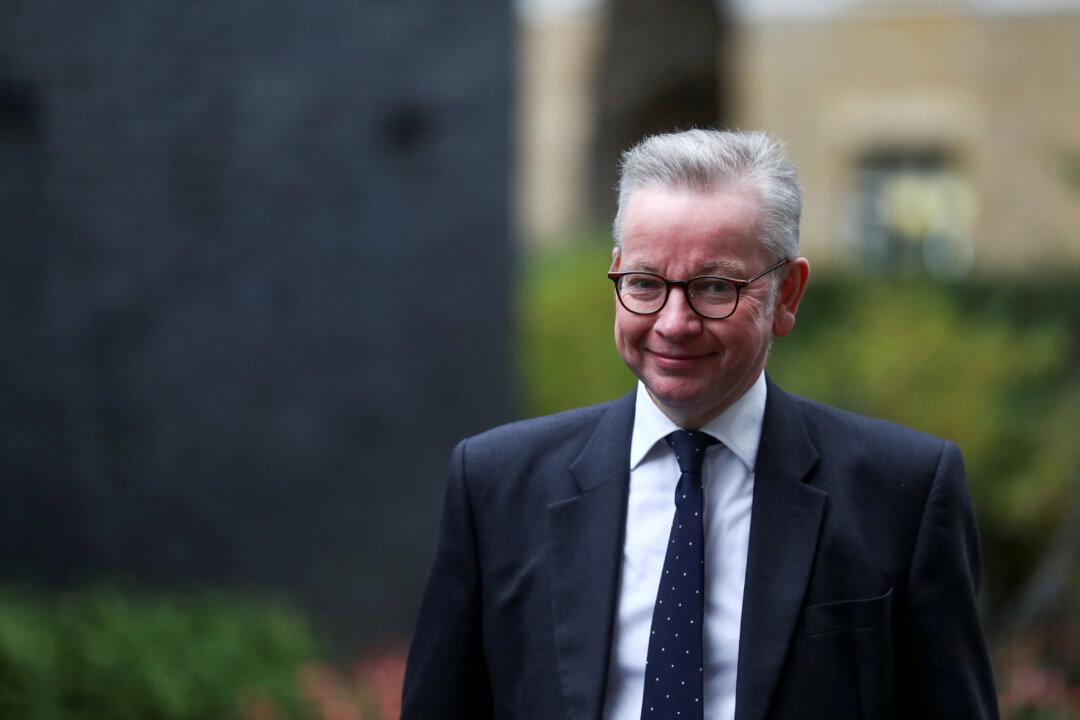Britain has announced its “Time is running out” campaign to tell businesses to urgently prepare for a no-deal Brexit when the country leaves the EU’s single market and customs union in 75 days.
This week Prime Minister Boris Johnson and Minister of the Cabinet Office Michael Gove will warn business leaders “not to get caught out” by new trading regulations, the government said in a media release on Sunday





